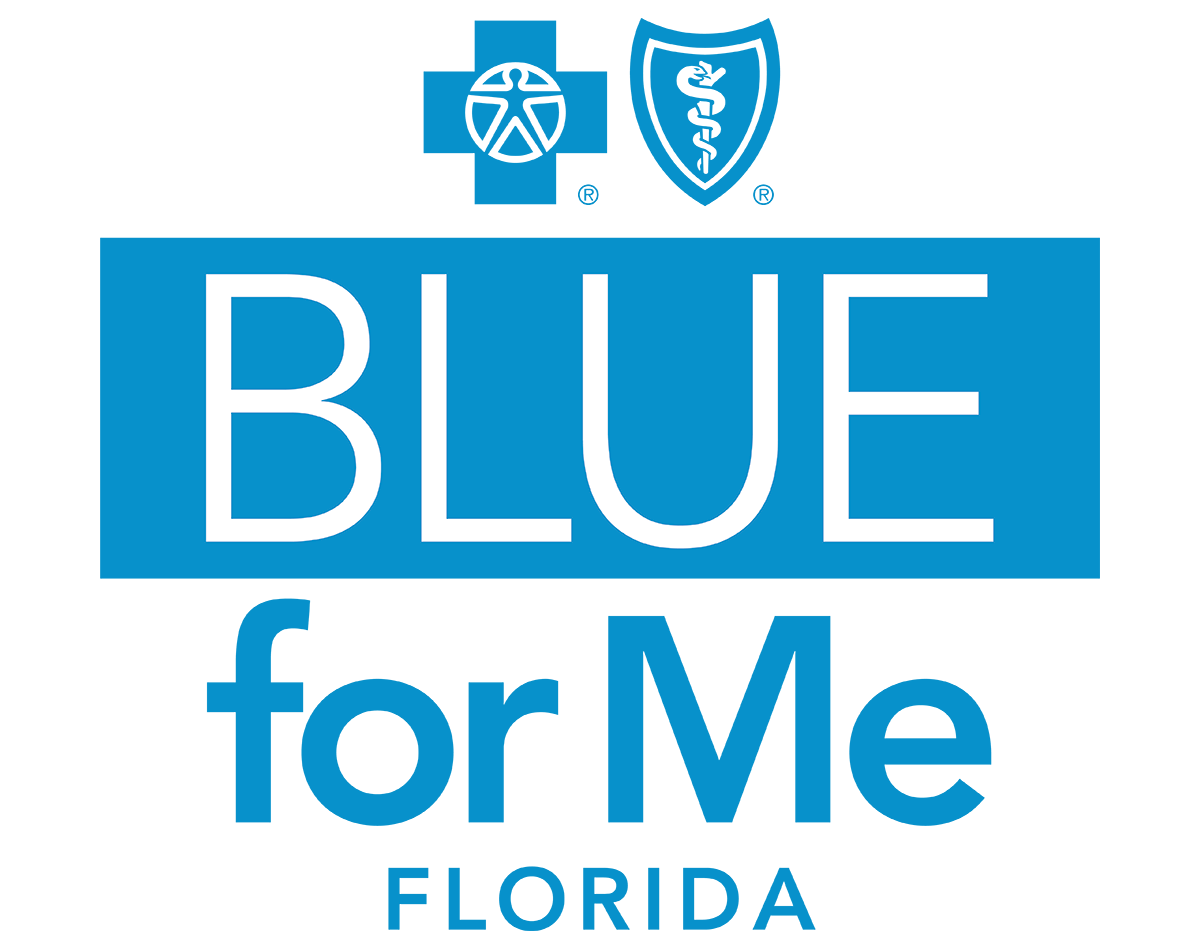Countdown to Successful Surgery: Your Pre-Op Checklist
Scheduled for an outpatient or hospital procedure? These steps can improve your odds for a healthy recovery.

So you’re going to have a medical procedure. The date is set and now it’s all in your doctor’s hands, right? Not entirely: Before the big day, there’s a lot you can do to help make sure the procedure is a success and your recovery goes smoothly.
Whether your operation is in a few weeks or several months, don’t just sit back and wait. Talk to your healthcare provider now about steps you can take in the months, weeks, and days before the procedure. Want to boost your health and set yourself up for post-op success? Consider the tips below.
In the Months Before
Pay Attention to Chronic Health Conditions
Say you have diabetes and you’re booked for hip replacement surgery. A hip operation has nothing to do with diabetes, right? Actually, your recovery and risk of complications afterward can depend on how well your diabetes is managed. Other conditions that can impact surgery include:
- Anemia.
- Depression.
- High blood pressure.
- Sleep apnea.
- A history of blood clots.
- Varicose veins.
Ask your doctor for advice on ways to get tighter control over your chronic conditions. They may suggest medication changes, sticking more carefully to treatment plans, or tweaking your diet, exercise, or other lifestyle habits. Even a small improvement can be worth the effort.
Kick the Tobacco Habit
Tobacco use slows healing. It can also raise the risk of breathing problems and anesthesia complications during surgery. Quitting smoking isn’t easy, but you don’t have to go it alone. Your digital health management app, BlueForMe, offers smoking cessation programs as part of your health plan. You can also talk to your doctor about quitting. Ask whether over-the-counter (OTC) or prescription medications could help ease your cravings.
Ready to quit smoking? Get help from BlueForMe, your digital health management tool. This smartphone or tablet app includes a smoking cessation program that works with your care team. Call 844-730-2583 to see if you're eligible for BlueForMe today.
In the Week Before
Be Mindful of Medications and Supplements
Your doctor has likely gone over your medication list with you in detail. That’s important: Some drugs may raise your chance of surgery complications. Or they might raise your bleeding risk during a procedure.
During that medication review, be sure to mention everything you take. Besides prescription and OTC drugs, do you take any vitamins or supplements? Add them to the list. Your doctor may give you step-by-step directions on exactly when to stop taking certain substances. And don’t forget to ask about the occasional remedies you might take, such as painkillers, sleep aids, and allergy medications.
Prep for Recovery
Knowing exactly what you can expect in the days after your procedure makes it easier to prepare for recovery. You probably have a lot of questions about your recovery plan. Ask those questions now so you have time to set yourself up for success. Here are some things to think about:
- Will I be able to get up and down stairs at home? Or should I set up a place to sleep on the first floor?
- How long until I’m able to drive?
- Would I benefit from home healthcare? Or will a loved one be able to help me change bandages or prepare meals?
- What types of restrictions should I follow, and how long do they typically last?
Avoid Germs
There’s no great time to catch a cold or the flu. But if a virus hits you in the weeks before surgery, you might have to delay it to reduce the odds of complications. To avoid that, double down on the preventive habits that can keep viruses at bay:
- Stay away from crowds of people.
- Wear a mask in public places.
- Wash your hands often.
- Don’t touch your face after touching public surfaces.
If you do feel unwell in the week before your procedure, alert your doctor.
Ask Questions
Research shows that when people understand what’s about to happen, they’re less anxious before the event. And they have a stronger recovery afterward. Your healthcare provider has probably already described your surgery. But if you have any lingering questions or concerns, don’t hesitate to speak up.
You don’t have to wait for your next doctor’s appointment to ask questions about your procedure. With the BlueForMe app, you can send your questions to your care team who will help guide you in your journey. Call 844-730-2583 to see if you're eligible for BlueForMe today.
In the Day and Hours Before
Pack and Bring the Essentials
You might be tempted to bring tons of stuff just in case. But keeping track of extra items will be a burden. So pack only what you truly need, and leave valuables at home. Here are some ideas for an overnight stay:
- A case for your glasses, contact lenses, and/or dentures.
- Flat walking shoes with nonslip soles.
- A lightweight robe.
- Shorts or sweatpants.
- A T-shirt.
- Clothes to wear when you go home.
- A phone charger.
Also, make a list of phone numbers for close contacts. That way, whoever is with you on the big day can easily update your loved ones. And double-check that you have a photo ID and your insurance card handy.
Watch the Clock
Your doctor might have given you specific details about when to stop taking medications. Or maybe you’ve been told when to stop eating or drinking before your surgery. Be mindful of that time, or even set an alarm so you don’t forget. Eating and drinking too soon before surgery may raise your risk of vomiting or breathing in bits of food during surgery.
Alcohol, tobacco, and marijuana can all affect your heart rate, blood pressure, and pain control during your surgery. And on the day of your procedure, you might need to skip or adjust certain prescription drugs, such as those to treat anxiety, depression, and diabetes, in order to avoid side effects, if your doctor has instructed you to do so.
Need help remembering all the steps of your pre-op plan? With the BlueForMe app, you can schedule reminders for appointments, medications, when to stop eating or drinking before a procedure, and more. Call 844-730-2583 to see if you're eligible for BlueForMe today.
Scrub Up
The surgery team will use an antiseptic during your procedure to thwart microorganisms that can cause infection. Antiseptics work best on clean skin. Often, medical teams advise showering the night before and the morning of surgery. They may even suggest using an antibacterial soap, such as Dial or Leven. Wash thoroughly, using gentle friction to remove dirt. Do not use any lotions, creams, powders, or perfumes. There’s no need to shave the area of your body where an operation is happening. If shaving is needed, the surgery team will do it. If you’re unsure about any of this, ask your care team.
Have a Loved One Come with You
How well you’re able to care for yourself after surgery can vary greatly. But it’s always a good idea to bring a trusted friend or family member with you for the procedure. Let that person know what’s expected of them. Here are some things to think about:
- Will you need them to take notes on any care instructions the doctor shares before and after the procedure?
- Do you want them to simply be there for emotional support and to ease your anxiety?
- Will you need them to drive you home afterward and help you get settled?
If you’re not sure what kind of support you might need, remember that your care team is there to help. Use your BlueForMe app to connect with them for answers, information, and resources.
SOURCES:
1. “Preparing for Surgery: Health Condition Checklist.” American Academy of Orthopaedic Surgeons, March 2019, https://orthoinfo.aaos.org/en/treatment/preparing-for-surgery-health-condition-checklist/. Accessed August 11, 2021.
2. “Preparing for Surgery: Checklist.” American Society of Anesthesiologists, https://www.asahq.org/madeforthismoment/preparing-for-surgery/prep/preparing-for-surgery-checklist/. Accessed August 11, 2021.
3. “Want to Quit Smoking? 5 Questions to Ask Your Doctor.” The University of Texas MD Anderson Cancer Center, November 17, 2016, https://www.mdanderson.org/cancerwise/quit-smoking-tobacco-questions-for-your-doctor.h00-159071079.html. Accessed August 11, 2021.
4. “Medication and Surgery: Before Your Operation.” American College of Surgeons, May 2019, https://www.facs.org/education/patient-education/patient-resources/prepare/medications. Accessed August 11, 2021.
5. “10 Questions to Ask Before Having an Operation.” American College of Surgeons, https://www.facs.org/education/patient-education/patient-resources/prepare/10-questions. Accessed August 11, 2021.
6. “Questions to Ask Before Surgery.” Johns Hopkins Medicine, https://www.hopkinsmedicine.org/health/treatment-tests-and-therapies/questions-to-ask-before-surgery. Accessed August 11, 2021.
7. “How to Protect Yourself & Others.” Centers for Disease Control and Prevention, July 26, 2021, https://www.cdc.gov/coronavirus/2019-ncov/prevent-getting-sick/prevention.html#print. Accessed August 11, 2021.
8. “Preparing for Your Surgery or Procedure.” Cedars-Sinai, 2020, https://www.cedars-sinai.org/content/dam/cedars-sinai/patients/documents/preparing-for-your-surgery-or-procedure-rev11-2020.pdf. Accessed August 11, 2021.
9. Jaensson M, Dahlberg K, Nilsson U. “Factors influencing day surgery patients' quality of postoperative recovery and satisfaction with recovery: a narrative review.” Perioperative Medicine (London) 2019 May 22;8:3.
10. “Preparing for Your Hospital Stay.” Kaiser Permanente, February 11, 2021, https://healthy.kaiserpermanente.org/health-wellness/health-encyclopedia/he.preparing-for-your-hospital-stay.abo4377. Accessed August 11, 2021.
11. “9 Common Questions About Anesthesia Answered.” Kaiser Permanente Mid-Atlantic Permanente Medical Group, https://mydoctor.kaiserpermanente.org/mas/news/9-common-questions-about-anesthesia-answered-1849291. August 11, 2021.
12. “Showering Instructions Before Surgery.” University of Michigan School of Medicine, September 2019, http://www.med.umich.edu/1libr/InfectionControl/showeringbeforesurgery.pdf. Accessed August 11, 2021.
DISCLAIMER: Florida Blue has entered into an arrangement with Wellframe to provide members with care decision support services, information and other services. This article is provided by Linkwell Health through their arrangement with Wellframe. Please remember that all decisions that require or pertain to independent professional medical/clinical judgment or training, or the need for medical services, are solely your responsibility and the responsibility of your physicians and other healthcare providers. Wellframe is an independent company that provides online services to Florida Blue members through the Blue for Me app.
